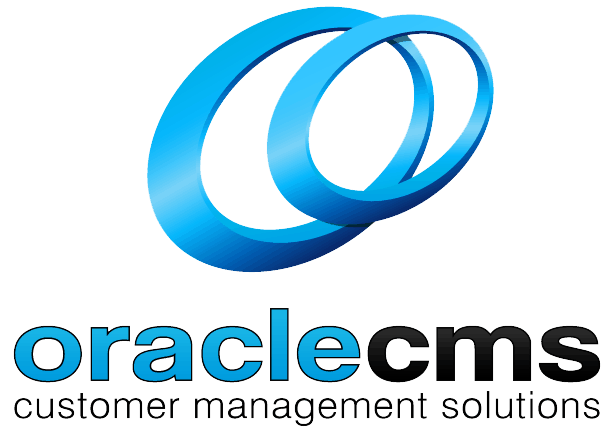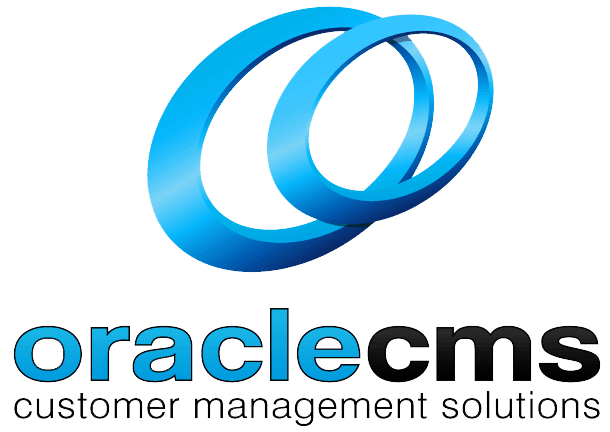What is Call Calibration?
Call calibration is a structured meeting or exercise where quality assurance specialists, supervisors, and team leaders review the same recorded calls or interactions
and compare their evaluations. The goal is to ensure that everyone applies the same performance standards, scoring criteria, and expectations when assessing agent performance.
In a contact centre environment, multiple people may evaluate agent calls from QA analysts to floor managers.
Without calibration, these evaluators might interpret performance standards differently, leading to inconsistent feedback.
Call calibration prevents this by creating a shared understanding of what constitutes excellent, satisfactory, or poor performance.
Typical call calibration sessions include:
- Reviewing a selection of recorded calls that represent common scenarios.
- Scoring those calls individually based on established quality criteria.
- Discussing differences in scores to reach consensus on correct evaluations.
- Updating QA forms or training materials to reflect agreed standards.
Consistent calibration ensures that coaching, feedback, and rewards are based on accurate, standardised performance data.
It also builds agent trust in the evaluation process by eliminating bias and ensuring all team members are measured equally.
Why Call Calibration Matters
Call calibration is essential for maintaining objectivity and reliability in performance management.
It helps contact centres deliver consistent service quality, strengthens coaching effectiveness,
and ensures fair recognition for agents across the organisation.
Related Terms:


